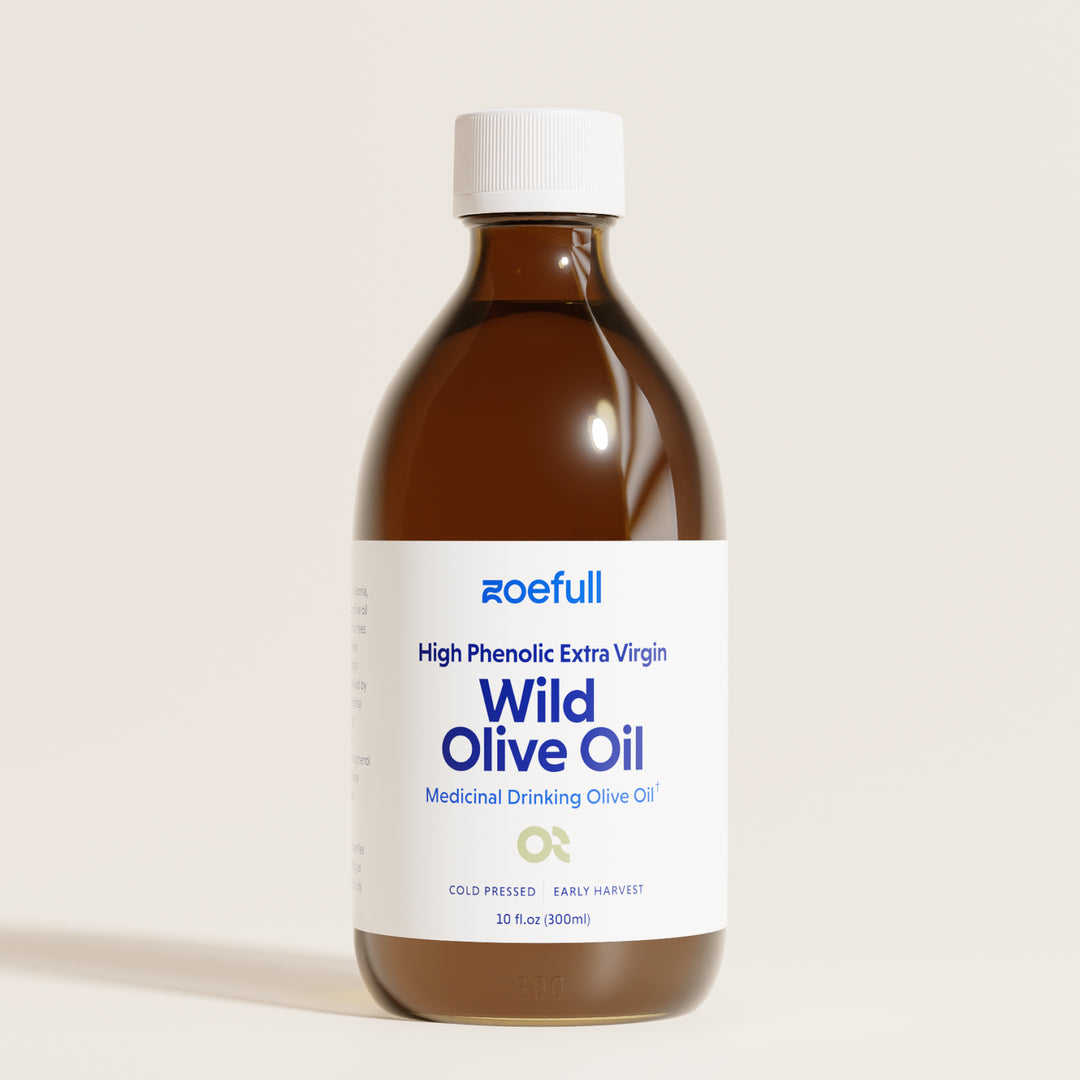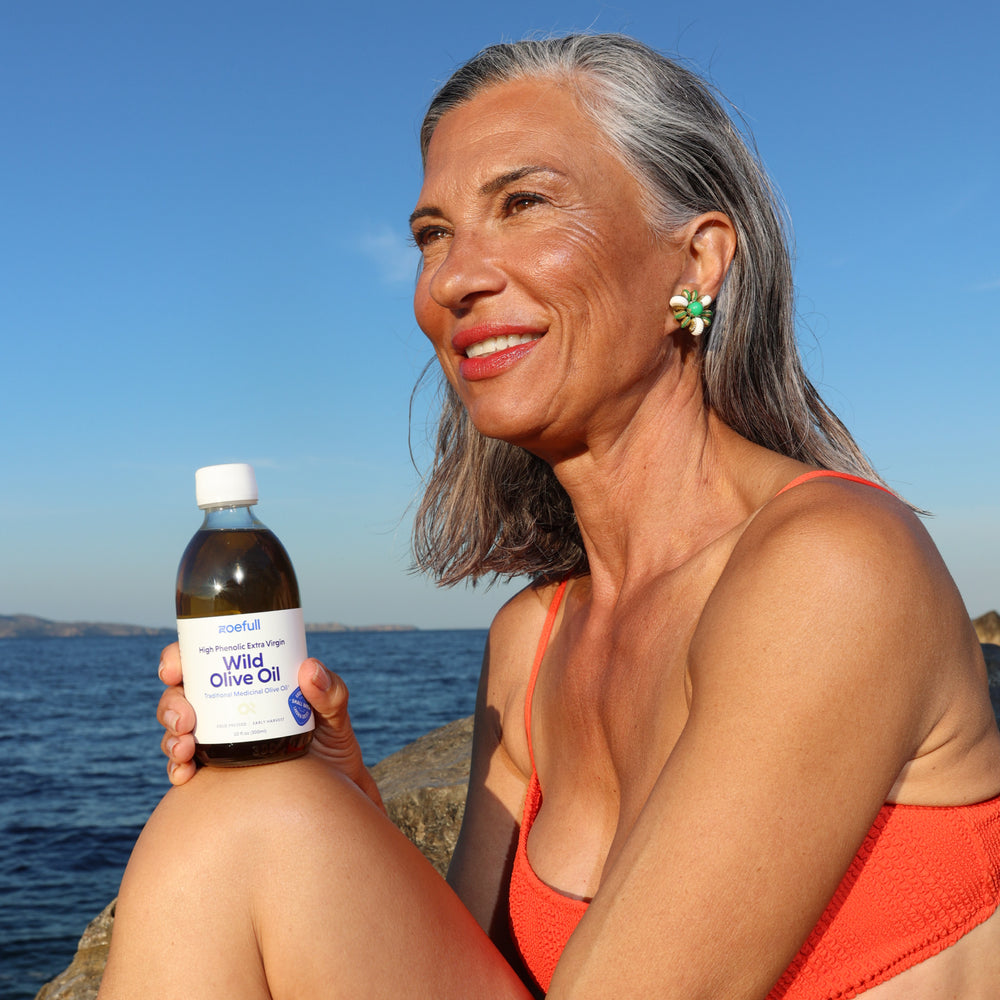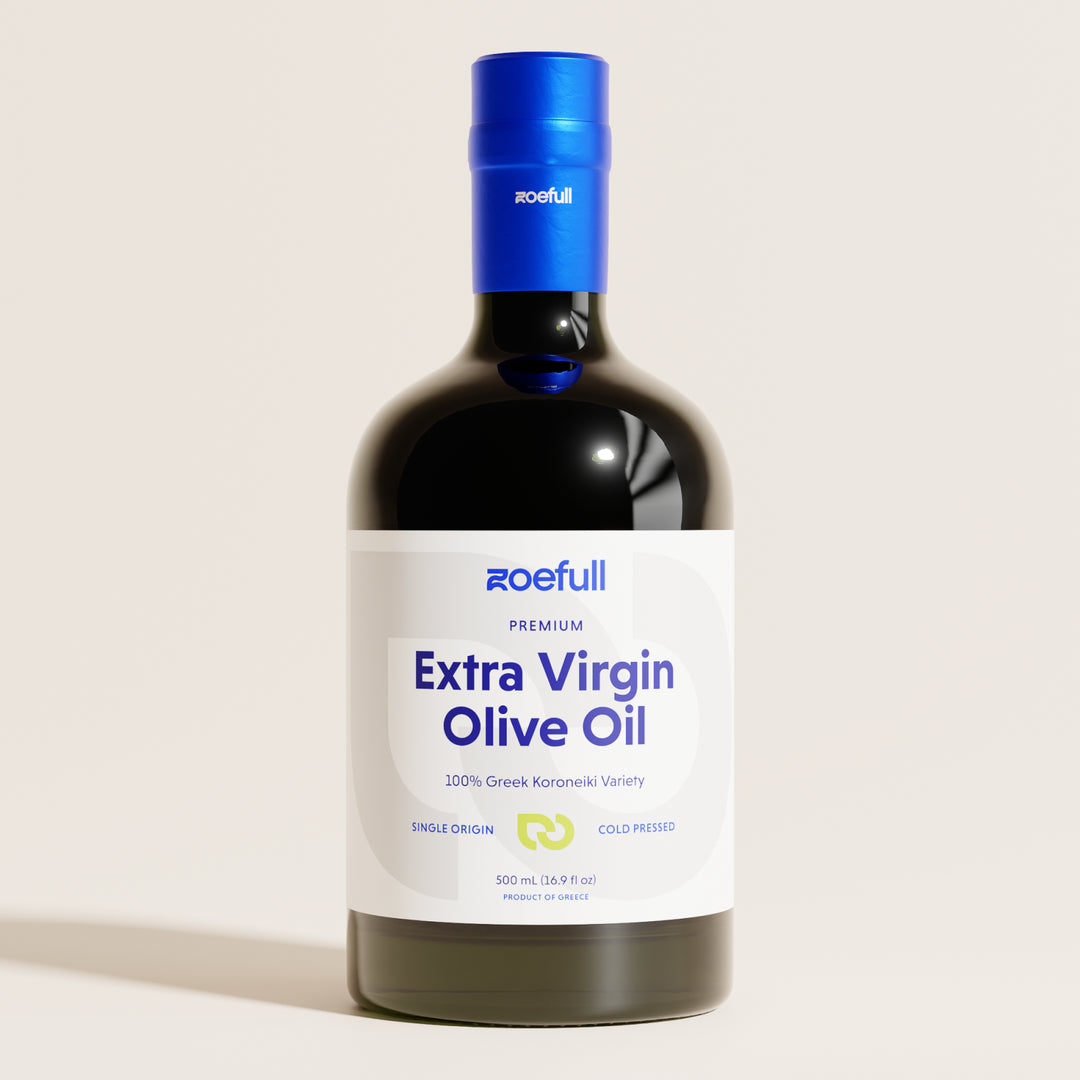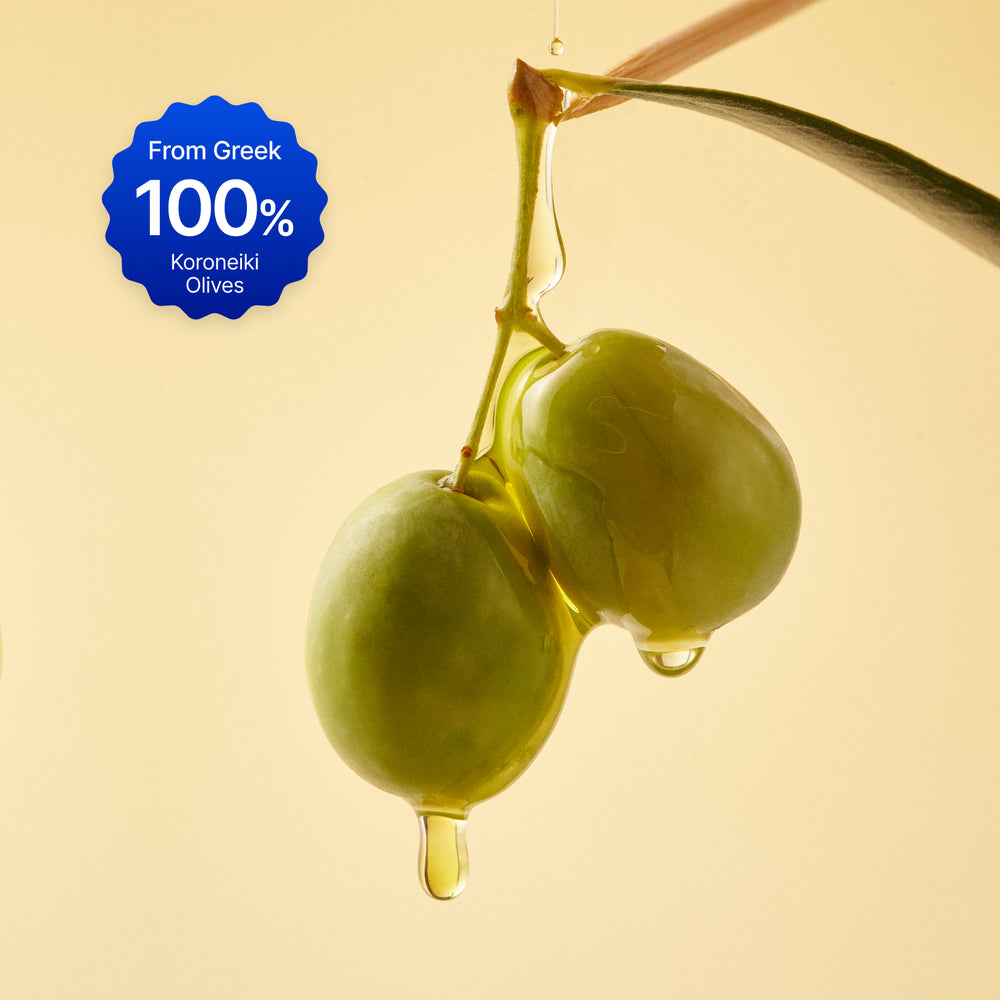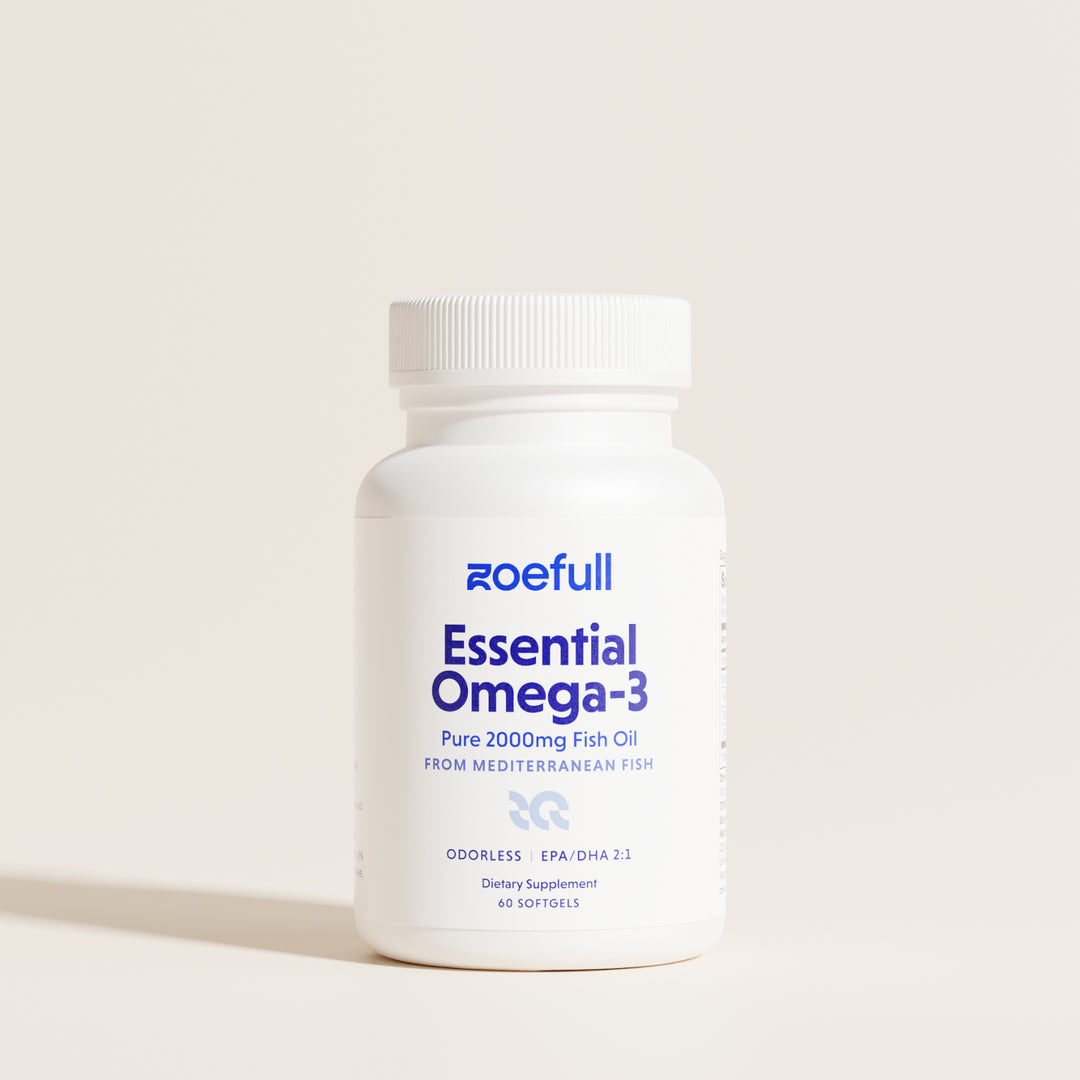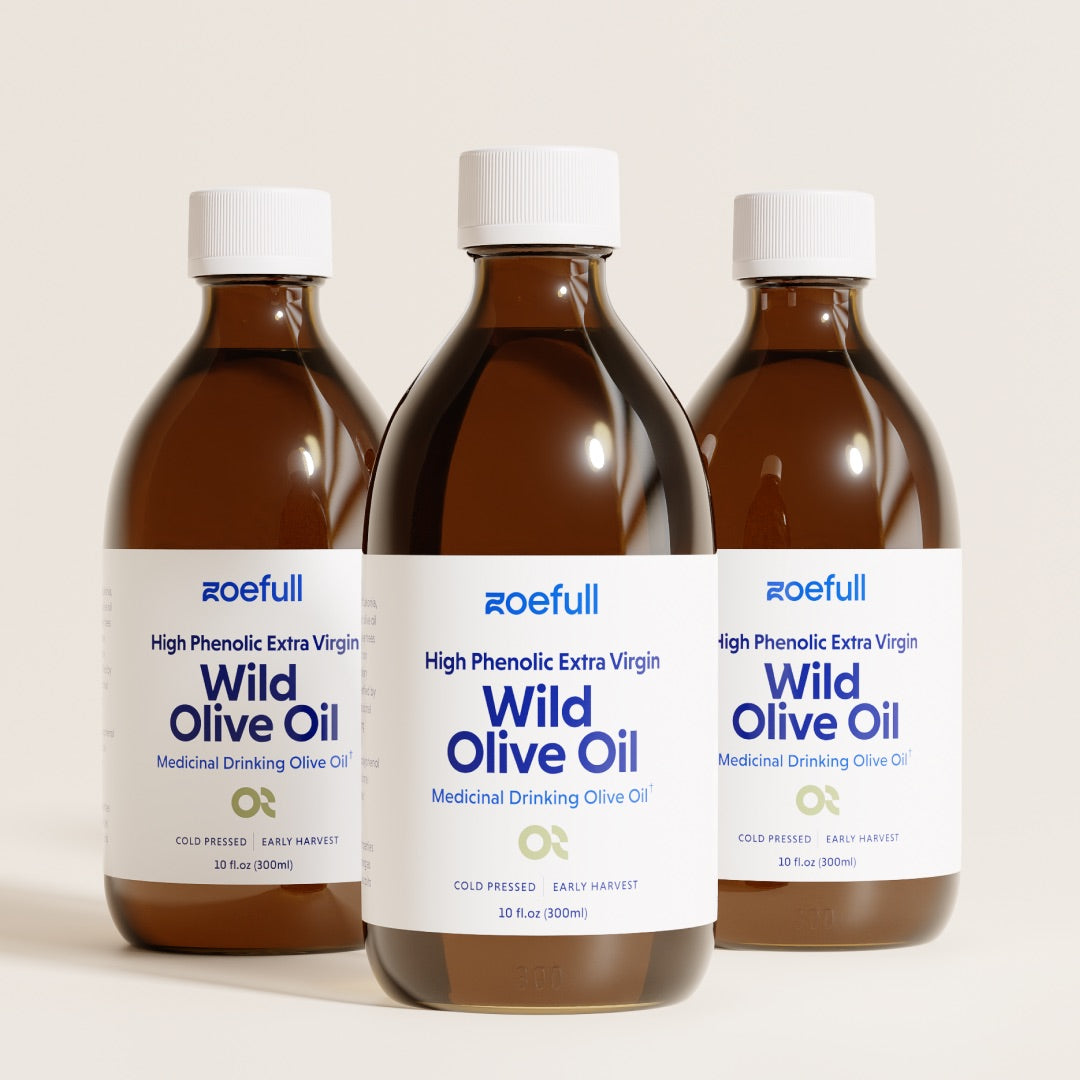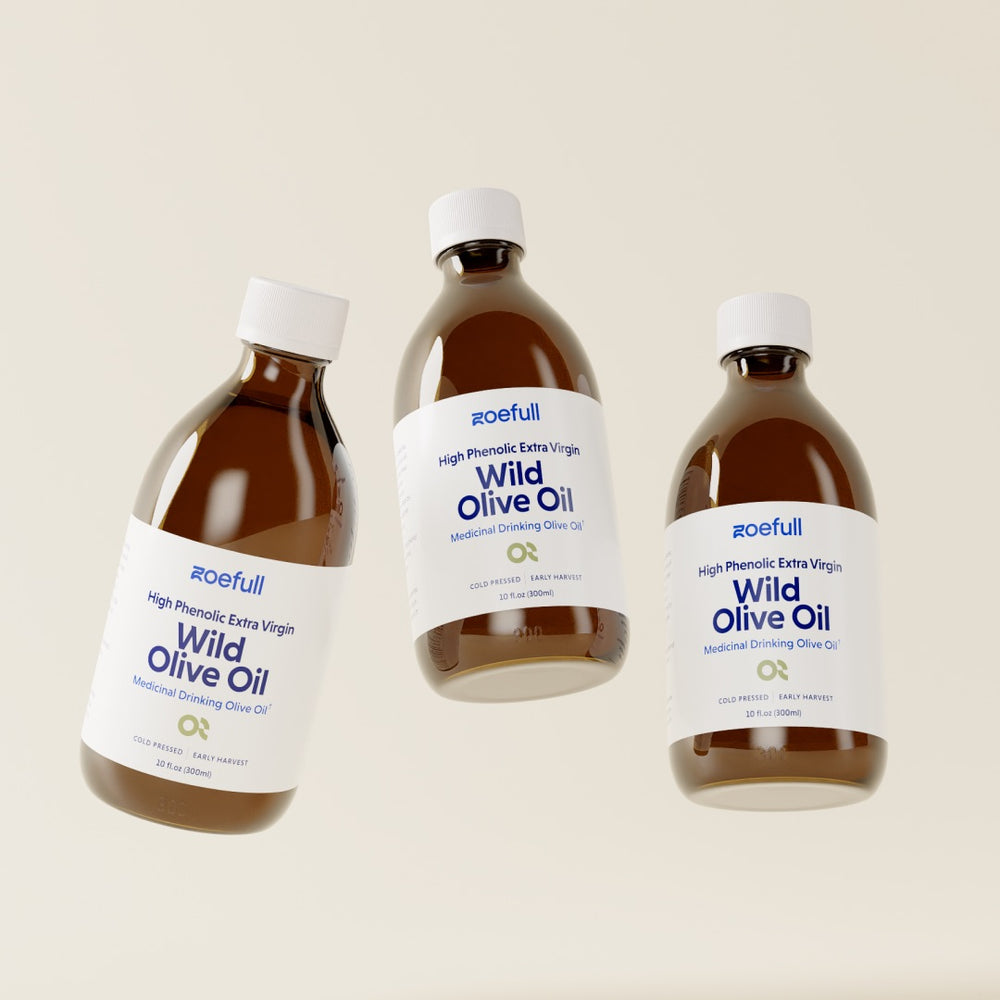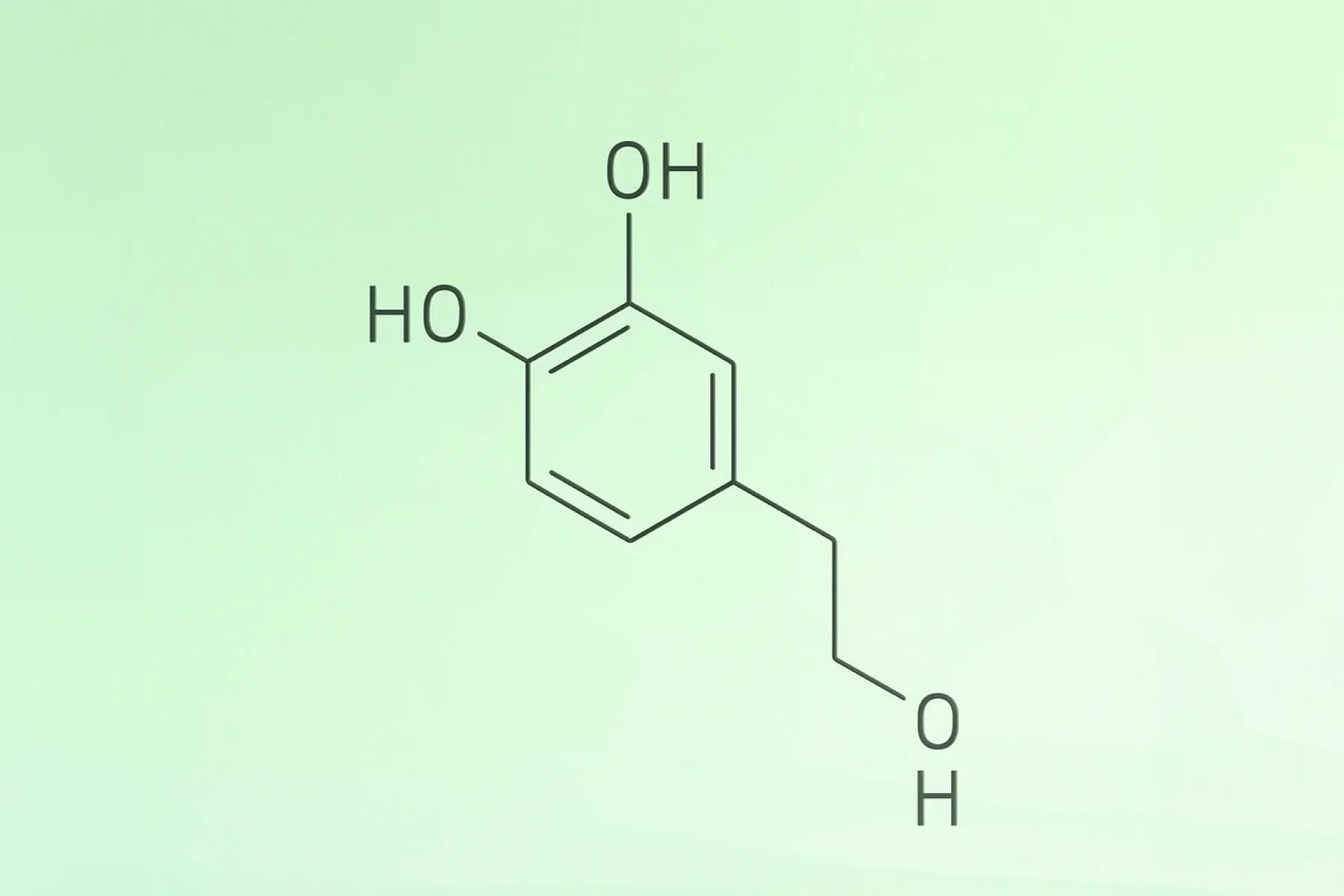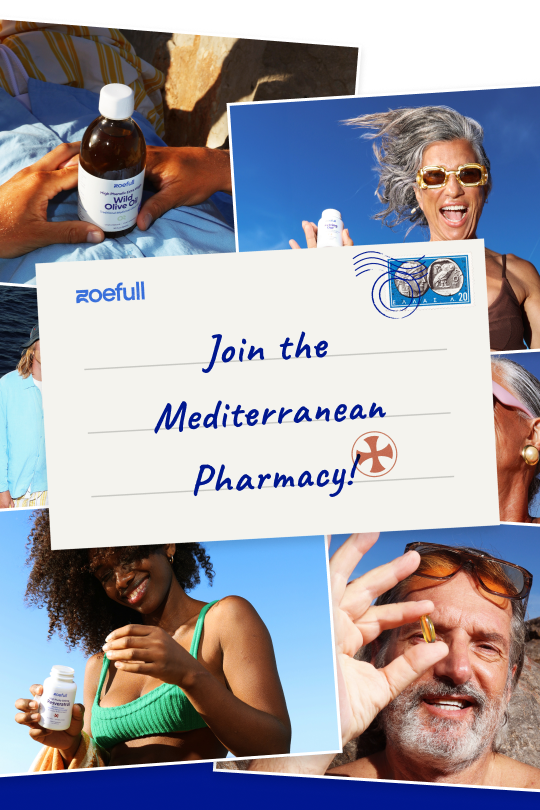Meet Hydroxytyrosol: The Olive Leaf Polyphenol 15× More Potent Than Green Tea Extract
Hydroxytyrosol: Overview
Polyphenols, as our readers might know already, are plant-derived antioxidants with research attributing an array of health benefits to their consumption. Hydroxytyrosol (Figure 1) is a polyphenol found in olives, extra virgin olive oil, and olive tree leaves. It holds a special place in the ranks of antioxidant capacity, with the highest oxygen radical absorbance capacity (ORAC) ever reported for a plant extract - hydroxytyrosol is ~15 times more potent than green tea extract! If this doesn't convince you of its potency and health benefits consider this: the EFSA has granted an official claim for it, stating that 5 mg of hydroxytyrosol should be consumed daily to reap its health benefits (1).

Figure 1: Chemical structure of Hydroxytyrosol.
In humans hydroxytyrosol is absorbed in the small intestine and colon in a dose-dependent manner (i.e. the more one consumes, the more is absorbed) (2), and confers several health benefits ranging from cancer protection to skin health. Below we review some of these health benefits in more detail.
Health Benefits of Hydroxytyrosol
- Anti-cancer activity: Cancerous cells exhibit rapid and uncontrolled growth leading to tumours. Hydroxytyrosol inhibits the proliferation of cancerous cells, and promotes their death (2).
- Pro-inflammatory cytokine reduction: Research has shown that, in animal models of inflammation, hydroxytyrosol reduces the expression of pro-inflammatory cytokines such as TNF-α (3), and thus helps fight chronic inflammation and related diseases.
- Antimicrobial activity: Hydroxytyrosol has been shown to have antimicrobial properties against infectious respiratory and gastrointestinal pathogens, Gram-positive and Gram-negative bacteria, as well as anti-viral and anti-fungal properties (4).
- Antithrombotic activity: Hydroxytyrosol lowers thromboxane B2 levels in humans, thus potentially reducing platelet aggregation and thrombosis (4).
- Cardioprotective activity: Being a powerful scavenger of free radicals, hydroxytyrosol protects against the oxidation of low-density lipoproteins stuck to arterial walls and thus reduces the risk of atherosclerotic disease (2).
- Neuroprotective activity: Hydroxytyrosol is the only polyphenol able to cross the blood-brain barrier (the barrier that controls what enters the brain), conferring direct antioxidant and neuroprotective effects in the brain (5).
- Retino-protective activity: It has been associated with a reduction in the risk of age-related macular degeneration (4).
- Osteoporosis protection: Hydroxytyrosol has been shown to enhance the proliferation of bone cells, as well as improve the production of hormones linked to healthy bone structure and microstructure (6).
- Skin-related properties: Ultraviolet radiation from the sun damages our skin and part of this damage has been attributed to associated oxidative stress. Researchers have shown that hydroxytyrosol prevents such oxidative stress from damaging proteins in the skin (7). Further, hydroxytyrosol has been suggested to have anti-inflammatory and anti-aging effects on human dermal fibroblasts (8). Due to these effects, skincare brands have started incorporating hydroxytyrosol into their products.

Figure 2 (from (9)): The health benefits of hydroxytyrosol.
Given its plethora of health benefits and potent antioxidant properties, consumption of extra virgin olive oils and olive leaf extracts rich in hydroxytyrosol (especially with values ≥ 5 mg recommended by the EFSA), serve as powerful intervention for supporting systemic health.
References
1) https://www.efsa.europa.eu/en/efsajournal/pub/2033
2) Granados-Principal S, Quiles JL, Ramirez-Tortosa CL, Sanchez-Rovira P, Ramirez-Tortosa MC. Hydroxytyrosol: from laboratory investigations to future clinical trials. Nutr Rev. 2010 Apr;68(4):191-206. doi: 10.1111/j.1753-4887.2010.00278.x. PMID: 20416016.
3) Pojero F, Aiello A, Gervasi F, Caruso C, Ligotti ME, Calabrò A, Procopio A, Candore G, Accardi G, Allegra M. Effects of Oleuropein and Hydroxytyrosol on Inflammatory Mediators: Consequences on Inflammaging. Int J Mol Sci. 2022 Dec 26;24(1):380. doi: 10.3390/ijms24010380. PMID: 36613822; PMCID: PMC9820525.
4) PDR for Nutritional Supplements, 2nd edtion. ISBN: 1563637103
5) Fan L, Peng Y, Li X. Brain regional pharmacokinetics of hydroxytyrosol and its molecular mechanism against depression assessed by multi-omics approaches. Phytomedicine. 2023 Apr;112:154712. doi: 10.1016/j.phymed.2023.154712. Epub 2023 Feb 8. PMID: 36774845.
6) de Pablos RM, Espinosa-Oliva AM, Hornedo-Ortega R, Cano M, Arguelles S. Hydroxytyrosol protects from aging process via AMPK and autophagy; a review of its effects on cancer, metabolic syndrome, osteoporosis, immune-mediated and neurodegenerative diseases. Pharmacol Res. 2019 May;143:58-72. doi: 10.1016/j.phrs.2019.03.005. Epub 2019 Mar 7. PMID: 30853597.
7) D'Angelo S, Ingrosso D, Migliardi V, Sorrentino A, Donnarumma G, Baroni A, Masella L, Tufano MA, Zappia M, Galletti P. Hydroxytyrosol, a natural antioxidant from olive oil, prevents protein damage induced by long-wave ultraviolet radiation in melanoma cells. Free Radic Biol Med. 2005 Apr 1;38(7):908-19. doi: 10.1016/j.freeradbiomed.2004.12.015. PMID: 15749387.
8) Jeon, S., Choi, M. Anti-inflammatory and anti-aging effects of hydroxytyrosol on human dermal fibroblasts (HDFs). biomed dermatol 2, 21 (2018). https://doi.org/10.1186/s41702-018-0031-x
9) Arangia A, Marino Y, Impellizzeri D, D'Amico R, Cuzzocrea S, Di Paola R. Hydroxytyrosol and Its Potential Uses on Intestinal and Gastrointestinal Disease. Int J Mol Sci. 2023 Feb 4;24(4):3111. doi: 10.3390/ijms24043111. PMID: 36834520; PMCID: PMC9964144.
